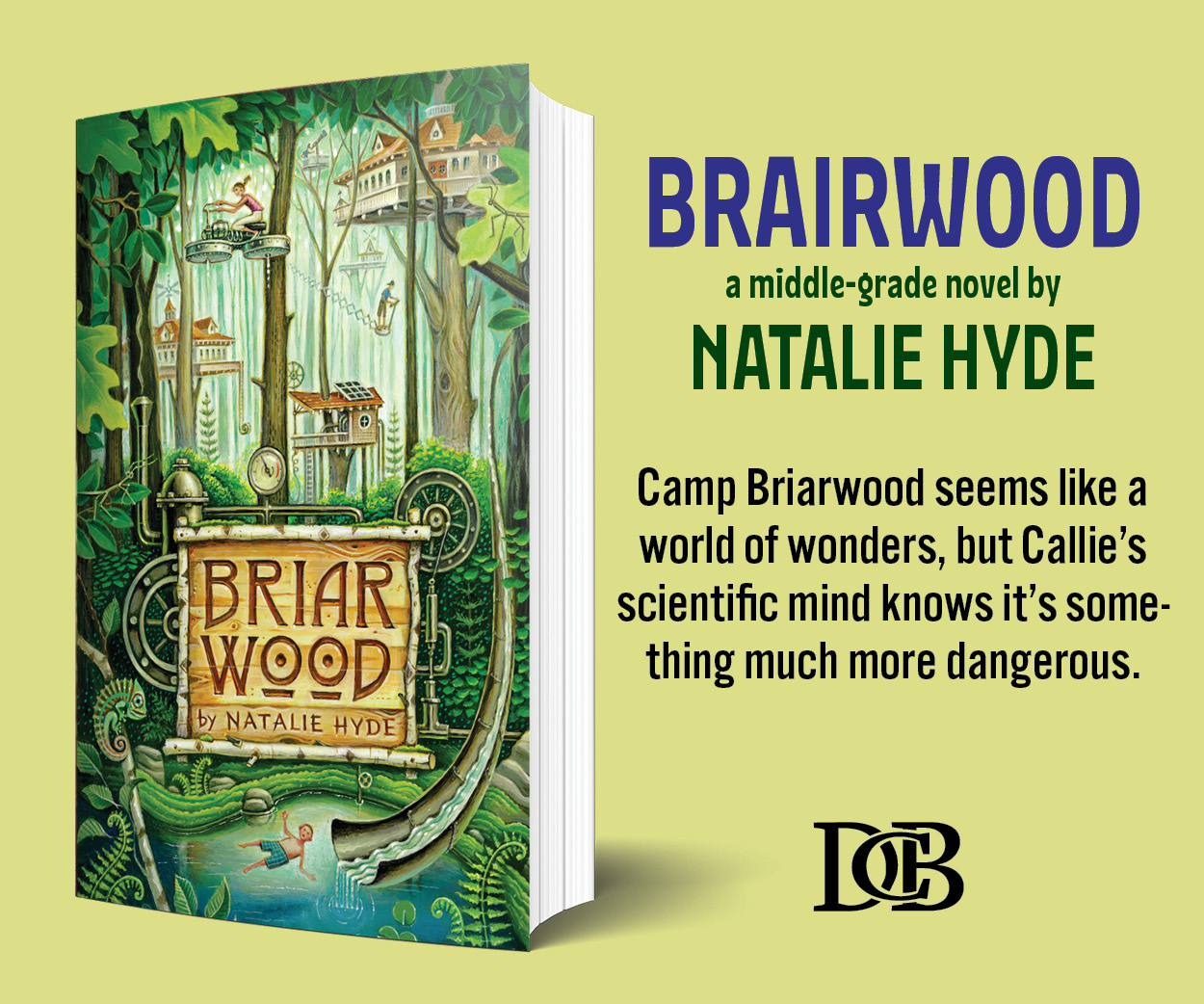In Praise of … Routine
By Mark Sampson
So my first column was all about generosity, and now I’m going to tell you about one of the least generous things I’ve ever thought in the presence of another human being. It happened maybe a dozen years ago, when an acquaintance of mine was going on at length around the pub table about how much spontaneity was a cornerstone of her sense of self, and how vital impulsive behaviour was to her life as a “creative.” She told me that having a “free spirit” and “taking the world as it comes” and “not sticking to a sense of schedule” was so important to everyonewho wanted to be an artist or do something imaginative, and as a writer of fiction and poetry, didn’t I agree? But I just sat there, murmuring noncommittally over my pint of Creemore, and thought: Actually, I don’t know a single spontaneous person who’s accomplished anything worthwhile.
Ouch.
Of course, this is patently untrue. Even the flakiest, most spur-of-the-moment types I’ve met over the years, the ones who need unstructured time the way the rest of us need water, have done lots of cool stuff: they’ve hosted TV shows and started small businesses; they’ve made base camp at Mount Everest and had their paintings featured in solo exhibits; they’ve filmed documentaries and published poetry and fiction. I guess what I was really thinking in that moment was, I can’t imagine me accomplishing anything worthwhile without my routine.The truth is, I am the opposite of spontaneous, the very antonym of impulsiveness. If it were up to me, I’d do almost exactly the same thing day after day, week after week. My creative life seems to hinge on the need for stability, for predictability. Perhaps this makes me an outlier among my fellow “creatives,” but I actually doubt it.
It can often feel like the world doesn’t want us to be writers, to create works of art at all. There are so many other things jockeying to take up our time, to keep us away from the word processor. Right now, I’m attempting to finish this column before the drop-dead moment when I need to log off and get cleaned up for my day job. I know that tonight, when I get home, there will be cats to feed and a workout to get through and supper to consume and dishes to wash and laundry to fold and so many good books on my nightstand just screaming to be read. A friend might text wanting to discuss weekend plans. A family member might call looking for advice about something. An editor might email wanting to assign me a book review. I begrudge none of it – it is the stuff my life is built from and I want to experience it all, every last bit of it– but I feel that if I don’t carve out time for my creative writing, and have that time be the same time, day after day, week after week, year after year, I will actually accomplish no worthwhile writing at all.
So I believe in routines. I could cart out that well-worn quote, attributed to Flaubert, that says, “Be regular and orderly in your life, so that you may be violent and original in your work,” and I think there is still a lot of truth left in that old cliché. Being regimented and organized is not antithetical to creativity; in fact, it can build for you the stage upon which you’ll perform your most creative and rewarding work.
Your CanLit News
Subscribe to Open Book’s newsletter to get local book events, literary content, writing tips, and more in your inbox
But how does one carve out that time? Only a small portion of writers are lucky enough to have the means and/or circumstances to make writing the centerpiece of their waking hours. The rest have day jobs, or children they’re raising, or other obligations that contribute to their livelihood in a way that creative writing – except in the rarest of circumstances – just can’t. So what can you do? Well, my first piece of advice to any would-be writer is to never follow advice that runs counter to what’s already working for you. If you’re the sort of person who only writes when the feeling moves you and/or you can grab a snippet of time here or there to do it, and you’re okay with that, then I salute you. But if what you’re doing is not working for you, then here’s my recommendation: find a slice of time where you can reasonably expect the world to leave you alone, and make that your writing time. For most people, that slot falls either extremely early in the mornings or extremely late at night.
As you’ve probably gathered by now, I fall into the former camp. I began writing daily in the late winter of 1991, when I was a 15-year-old high-school student in Charlottetown. My routine was to rise at 4:30 am, five days a week, and write for two and a half hours before having to get cleaned up and catch the school bus. It is a schedule that I’ve maintained – except for a few years there when the day job I had didn’t fall into a standard 9-to-5 chunk of time – ever since. Over those years, especially in the early days of my journey when I wanted to be a writer of commercial genre fiction, I wrote a lot of garbage – novels and short stories that had no chance of ever getting published. But I never resented the hours I put in at the computer or the sleep I lost to write them. I was always grateful that I was wired for routine.
Now, I don’t necessarily recommend getting up at 4:30 every morning for 25 years to be a writer. It takes its toll: most evenings I start turning into a pumpkin around 8:30, and on those rare nights when I’m still awake at 10, I can barely speak in complete sentences. The point is, all serious writing comes with some level of sacrifice, be it time, money, sleep, or all of the above. The point is, find a sacrifice that works for you, and commit yourself to it. This is true whether you’re a hobbyist or whether you’ve got stories, characters, themes and turns of phrase swimming like schools of fish through your head all day long and you want to make writing the cornerstone of your life. Find a sacrifice that works for you, and embrace a routine that may very well help you stay committed to it.
The views expressed in the Writer-in-Residence blogs are those held by the authors and do not necessarily reflect the views of Open Book.
Mark Sampson is the author of the novels Off Book, Sad Peninsula, and The Slip, as well as a short-story collection, The Secrets men Keep, and a poetry collection, Weathervane. He has published fiction and poetry in literary journals across Canada. Mark lives in Toronto.


